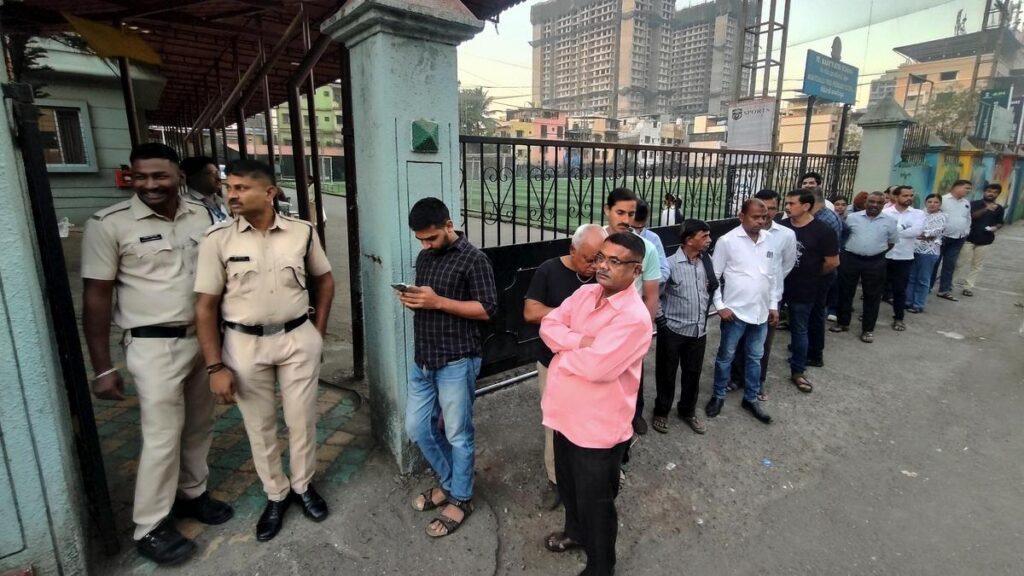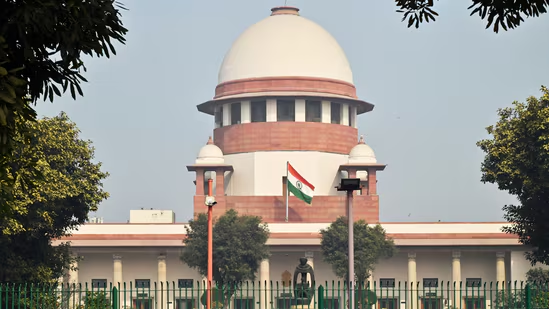Now Reading: PhD Scholar Refuses Degree from TN Governor, Sparks Political Row
-
01
PhD Scholar Refuses Degree from TN Governor, Sparks Political Row
PhD Scholar Refuses Degree from TN Governor, Sparks Political Row

A PhD graduate at Manonmaniam Sundaranar University caused a stir by declining to receive her degree from Governor R. N. Ravi during the convocation ceremony. Instead, she accepted the certificate from the vice-chancellor, citing her objection to the governor’s stance on Tamil Nadu’s welfare. BJP leader K Annamalai condemned the incident, accusing the DMK of resorting to “low-grade politics.” The episode underscores enduring tension between the state government and the governor’s office.
The incident unfolded at the 32nd convocation held in Tirunelveli, where the scholar, who is also reportedly the wife of a DMK local leader, made headlines by walking past the governor. She later explained her decision, stating that the governor had been acting against the interests of Tamil Nadu and its people. Her gesture was captured in a video that quickly went viral on social media.
Governor Ravi, a former security official, has engaged in a prolonged clash with the DMK-led government over the handling of state legislation. The scholar’s act reflects broader friction involving delays in approving bills and questions around gubernatorial powers. Critics say the refusal symbolises pushback against the existing political dynamic.
K Annamalai, a key BJP figure in the state, accused the DMK of transforming academic ceremonies into political platforms. He demanded that Chief Minister M K Stalin step in and discourage further politicisation of educational institutions. His reaction highlights how what began as a personal protest has unfolded into a heated political debate.
The story dismisses the idea that this is just local theatre. In cities like Madurai, Coimbatore, and Nagpur—even far-flung towns—a similar tension exists. Governor-state relationships can affect not only political discourse but also the functioning of universities and cultural institutions. For students and faculty, it’s a reminder that political contexts often seep into academic spaces.
This convocation row reflects deeper questions about the ceremonial role of governors in India’s federal structure. Should academic rituals be insulated from political statements, or are they fair grounds for expressing dissent? The event prompts a larger conversation on balancing respect for institutional protocol with the right to protest.
As the fallout continues, all eyes will be on how both the governor’s office and the state government respond. Universities may reconsider convocation protocols, while political parties will assess whether this moment becomes a flash point in state-centre relations.
The scholar’s refusal to accept her degree from the governor has done more than spark headlines—it’s reignited an old debate about authority, autonomy, and the spaces where politics and education intersect.

























